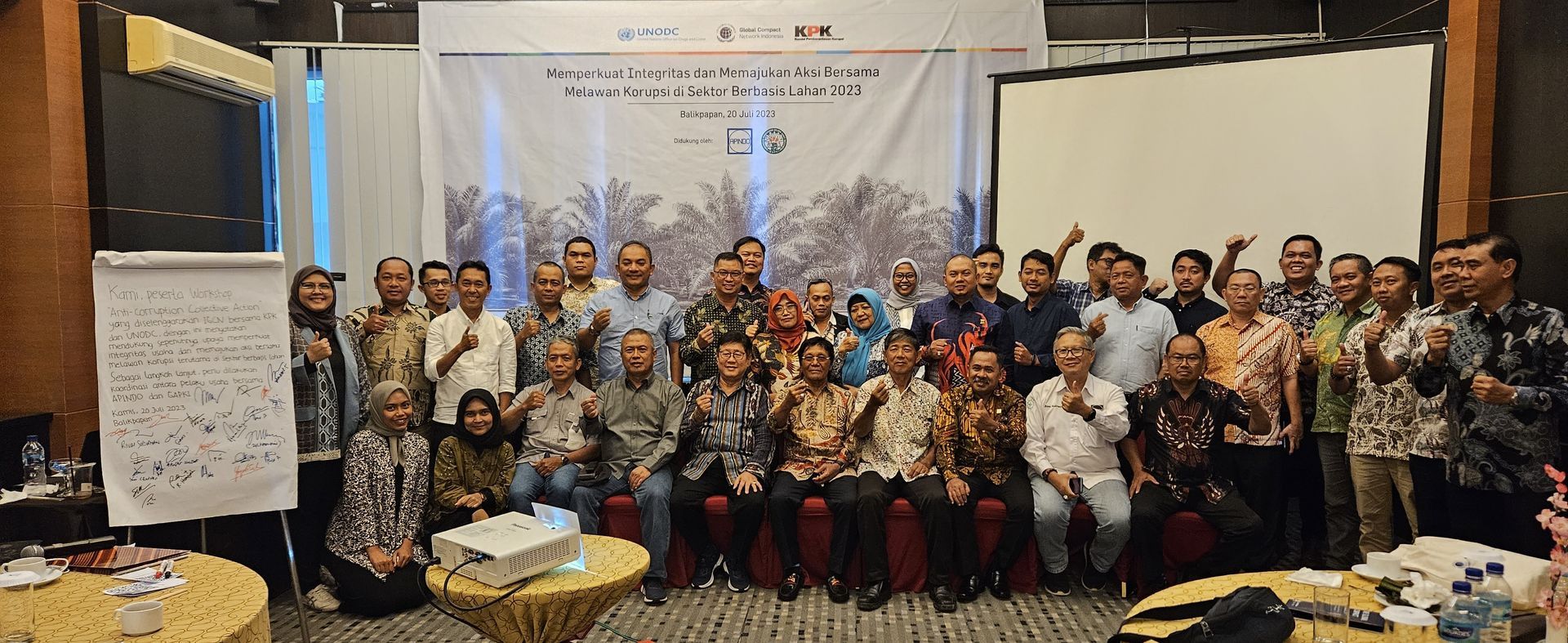"Collective Action is essential in tackling corruption. Too often, companies competing for tenders see fair competition as futile due to internal favouritism—an inherent conflict of interest. The same applies in agriculture, where middlemen demand excessive payments for what should be freely accessible. But when companies and business associations unite to reject these corrupt practices, enablers will think twice before engaging in misconduct."— Josephine Satyono, Executive Director of Network Indonesia, emphasized the importance of ACCA.
As part of ACCA’s effort, Network Indonesia organized focus group discussions with agribusiness stakeholders to assess corruption risks.





